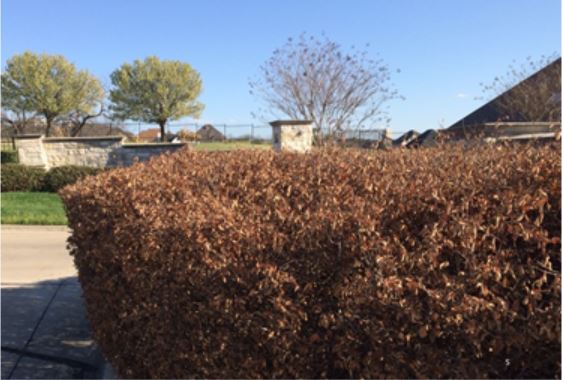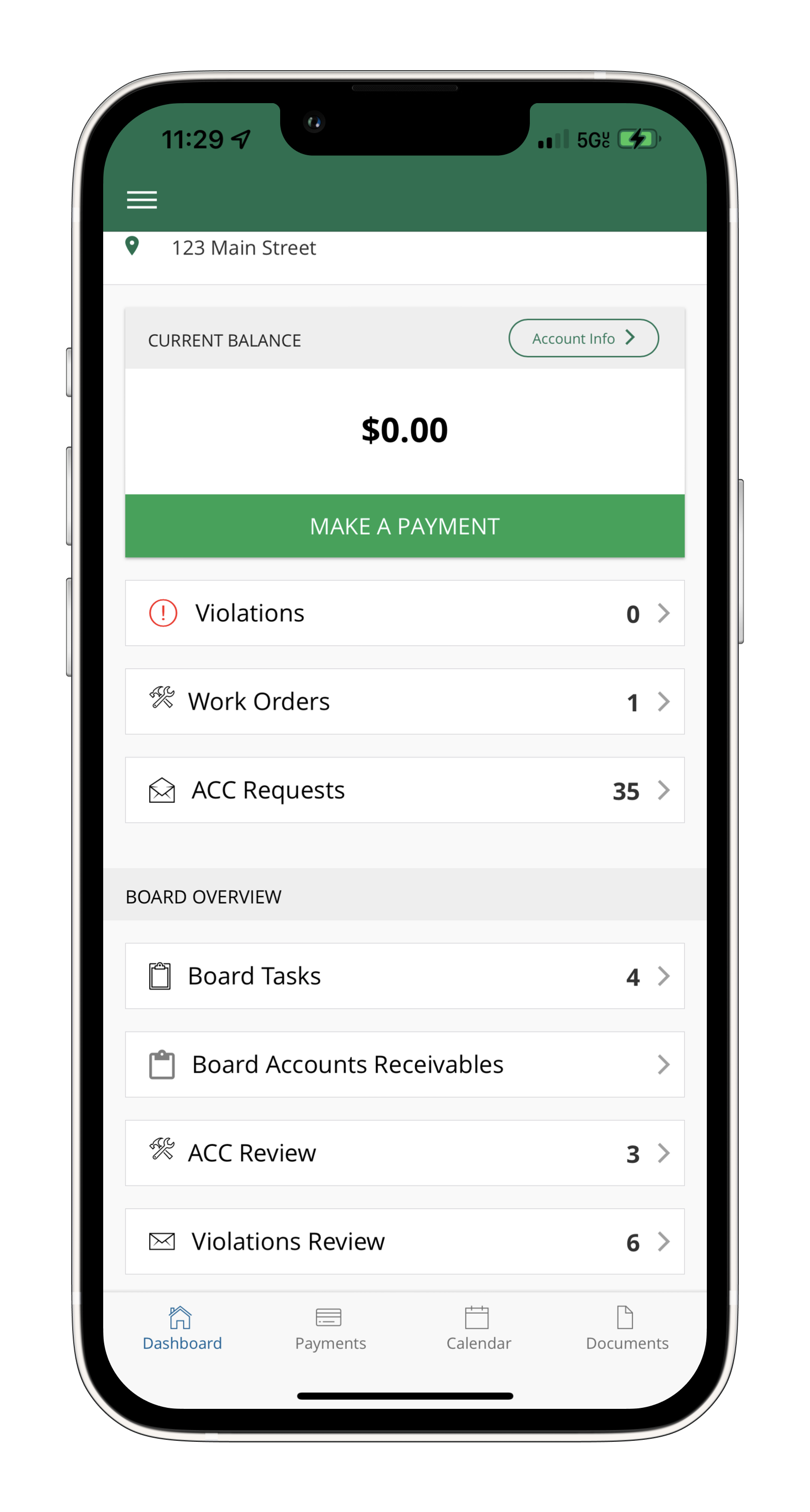


How to Get Volunteers Involved
November 12, 2018


Protect Your Association Against the Costs of Being Underinsured
December 4, 2018
Transparency, as it applies organizationally and in social contexts, is operating openly, visibly, and with integrity. An HOA’s mission is to protect the assets of the community as well as the property values of the owners. A transparent HOA is ideally set up to achieve this objective, because it is perceived as an organization that values fairness. It is reliably honest and forthcoming about services, maintenance, decisions, and funding, and as such, it promotes a partnership with its members. This transparency is vital to the success of an HOA for several key reasons.
The Consent of the Governed
HOAs exist in the larger context of a society with democratic and constitutional values. Americans believe in government by the people and for the people, and in acting with the consent of the governed.
Transparency is important in the context of an association (whether homeowner or commercial) because it is essentially a quasi-governmental entity with business dealings. The implication of transparency in this regard is that all the HOA/POA’s actions should be scrupulous enough to bear public scrutiny. Fortunately, HOA transparency is legislated to some degree by the state of Texas. For example, most association meetings are required to be “open†to members. But there is a gap between legal compliance and the full transparency members deserve from an HOA.
The bond of trust is established not only by transparency in meetings, but in opening several channels of communication.
A Bond of Trust
Transparency builds trust in elected directors within a community. Their constituents expect to know how their HOA dues are being spent and they have a right to participate in these decisions. The bond of trust is established not only by transparency in meetings, but in opening several channels of communication.
Community emails and newsletters, as well as clubhouse postings are essential to keeping members informed about upcoming meetings, repairs, and budget decisions. These communications demonstrate the HOA’s transparency and desire for member involvement.
When owners can see through open communications how their dues are being delegated, managed, and invested, it becomes clear that the HOA/POA is transparent and operating on their behalf.
Preserving the bond of trust isn’t always easy. When a board is faced with new or overwhelming challenges including budget shortfalls, the temptation can be to circle the wagon and become secretive. This tendency is understandable; it’s uncomfortable to have our knowledge deficiencies and mistakes exposed and vulnerable to criticism. But in times like these, transparency is crucial. Owners will find out when controversial or poor decisions have been made, and the secrecy will exacerbate the problems, calling the competency and integrity of your board into question.
A Sense of Community
Transparency is part of developing a sense of community among residents and a palpable feeling of happiness within a neighborhood. Wherever there is a great sense of community, it usually originates with an HOA that invites members to open meetings, welcomes their input, keeps community websites updated, and welcomes feedback. These actions help to promote common cause within the community so that members understand why HOA rules are in place and how these rules contribute to their well-being.
Everyone wants to live in neighborhoods where the consent of the governed matters, where there is a bond of trust with the HOA, and where there is a strong sense of community. The potential for all of these outcomes begins with the transparency of a community’s HOA.


Judi M. Phares is a member and past President of the Dallas-Fort Worth chapter of CAI, and chaired the Community Association Managers International Certification Board (CAMICB). Phares also served as past Chair PCAM® – Ethics Committee and is past Chair of the Texas Community Association Advocates, Inc., the public policy voice for property owner associations in Texas, as well as being previously involved in the PCAM program as an instructor. Phares was honored as a recipient of the Prestigious Barbara Keenan Byrd Award for her Exceptionally valuable contribution to Community Association Management Certification. Her company, CMA, is the winner of the prestigious American Business Ethics Award and the Greater Dallas Business Ethics Award, which honor companies that demonstrate a firm commitment to ethical business practices in everyday operations, management philosophies, and responses to crises or challenges.







